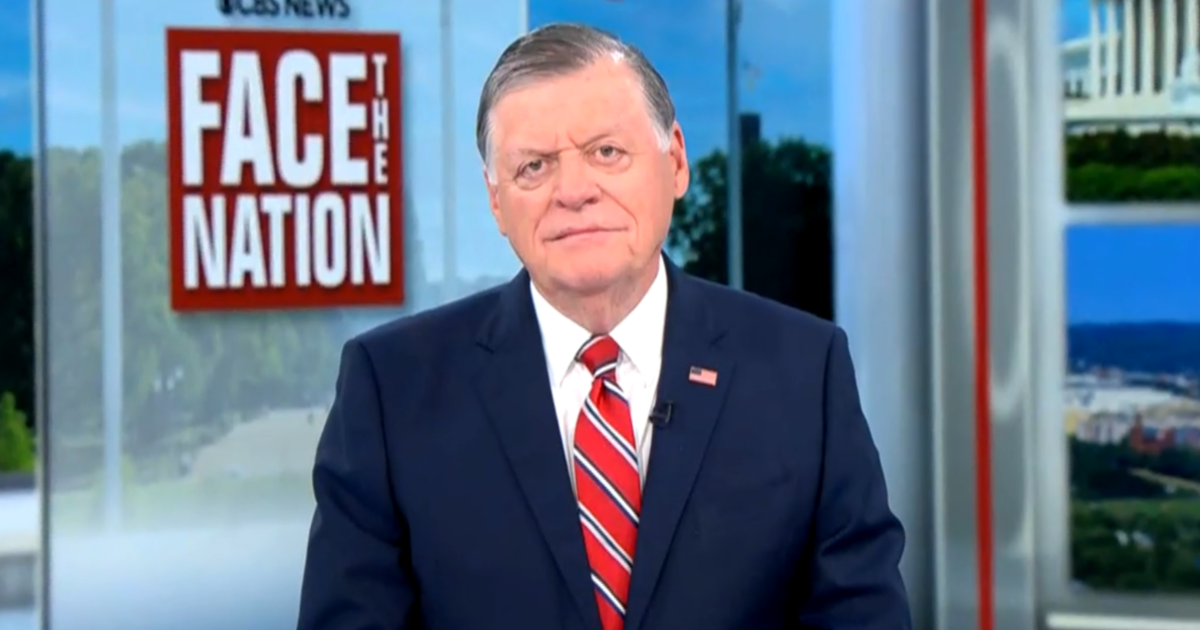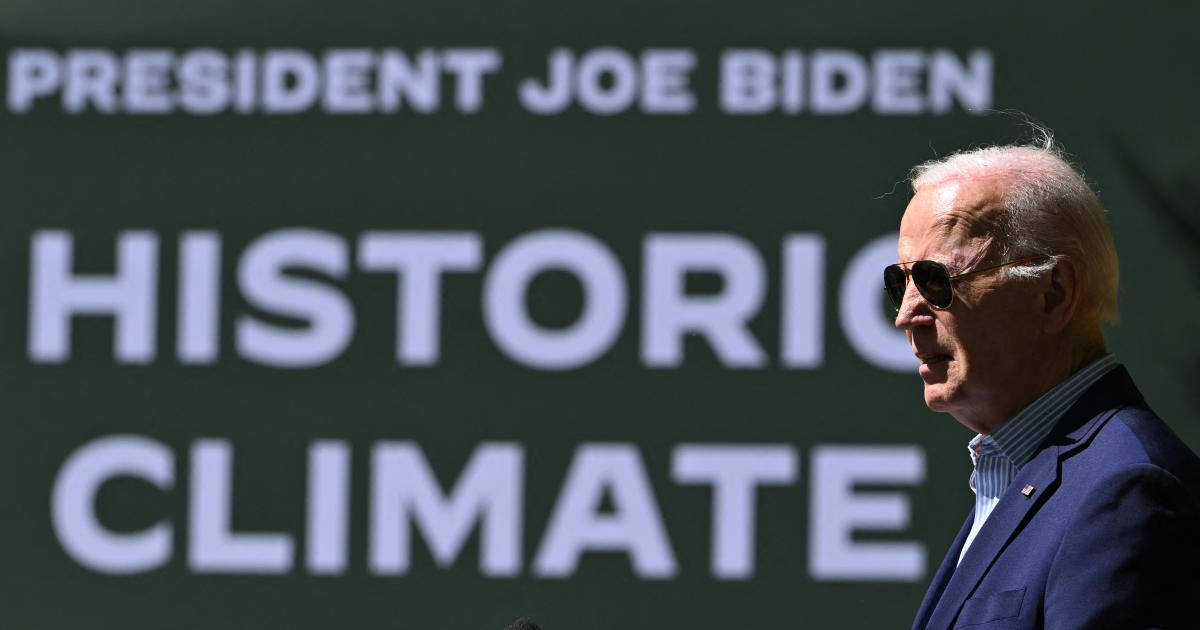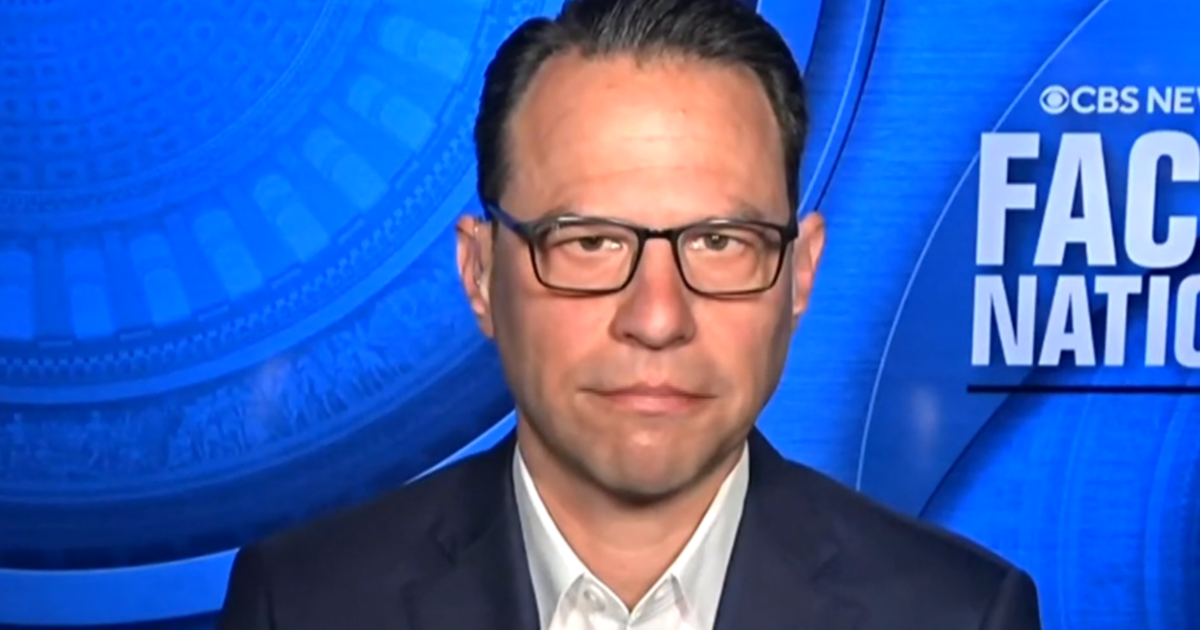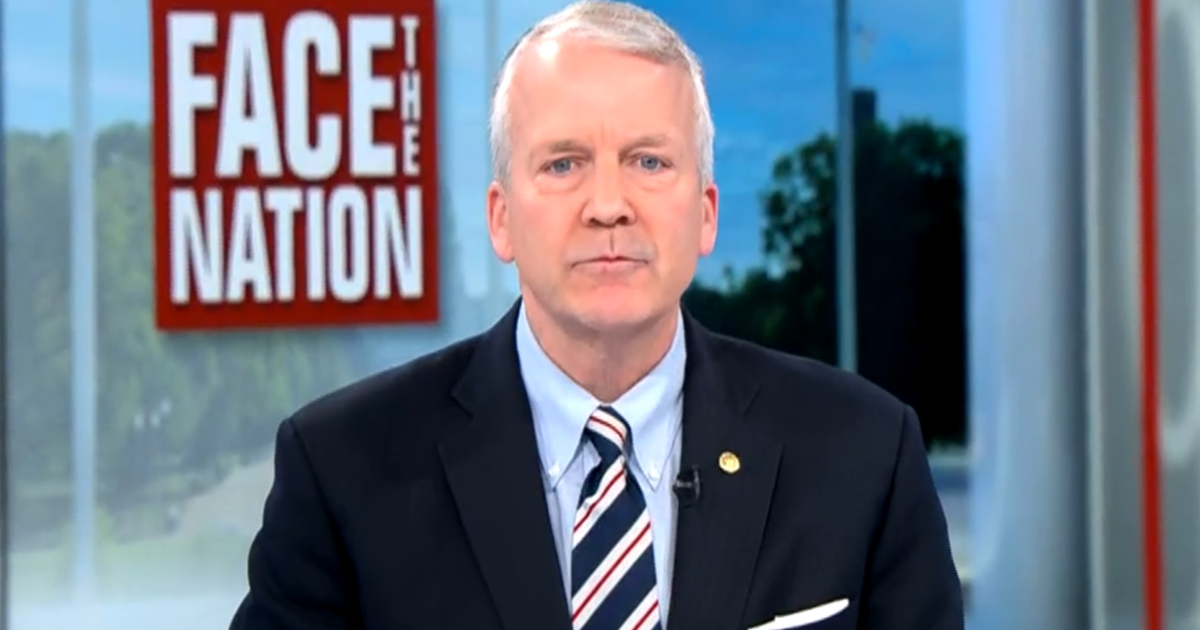OMB's Mulvaney open to non-"significant" change in corporate rate to move tax bill forward
Office of Management and Budget Director Mick Mulvaney says the administration is open to seeing minor changes in the current corporate tax rate in order to move ahead on passing the Republican-led overhaul of the nation's tax code.
"The president said that he might be okay with a 22 percent corporate rate instead of a 20 percent corporate rate. Is that right? And why the change?" CBS News' John Dickerson asked Mulvaney Sunday morning.
"I think what you heard the president say is, 'Look, we're very close to the finish line.' You know he's wanted a 15 percent rate from the very beginning. That move to a 20 percent rate is part of the discussion. My understanding is that the Senate has a 20 percent rate now. The House has a 20 percent rate now. We're happy with both of those numbers," Mulvaney said.
"If something small happens in conference that gets us across the finish line, we'll look at it on a case-by-case basis," he added. "But I don't think you'll see any significant change in our position on the corporate taxes."
The Senate tax bill, which passed early Saturday, lowers the corporate tax rate from 35 percent to 20 percent, as Republicans originally intended. The cuts are permanent.
An amendment from Republican Sens. Marco Rubio of Florida and Mike Lee of Utah that would have increased the corporate tax rate to nearly 21 percent in exchange for a more generous child tax credit failed overnight Friday before the final vote. But Mr. Trump -- who had initially floated a 15 percent rate -- suggested the tax rate may end up being more than 20 percent.
"Business tax all the way down from 35 to 20. It could be 22 when it comes out but it could also be 20. We'll see what ultimately comes out," the president told reporters Saturday morning before leaving for fundraisers in New York.
Congress will still need to reconcile the Senate's version of tax reform with the House-passed version, which also lowers corporate taxes from 35 percent to 20 percent.
Mulvaney maintains, however, that taxes will indeed be simpler for "ordinary Americans."
"They [tax simplifications] will be for ordinary people," said Mulvaney. "For small businesses, they're still going to be fairly complex. But they always were. You know when you sign up to be a pass-through entity that your life is going to be fairly complicated for taxes. But for ordinary folks it will be."
He added, "There's not a lot of new regulations. Yeah, you're going to change the way we treat, again, pass-through entities. But a lot of the deductions are gone. A lot of the loopholes."
Mulvaney said as a result, Americans are "not going to see a dramatic increase in the size of the IRS in order to administer this law."
Mulvaney -- who is now pulling double duty for the Trump administration as the new director of the Consumer Financial Protection Bureau, or CFPB -- said as small groups in the House and Senate "hold the government hostage," he predicts Americans will not see the federal government shut down.
"I think there's a group of right-wingers in the House who say they want to shut the government down. There's a group of Democrats who want to shut the government down over DACA. And there's a group of lawmakers from some of the hurricane states who want to shut the government down until they get what they want," he said.
"This just sheds light on the fact that the appropriations, the spending system, is broken when any little group can sort of hold the government hostage," he said. "We need to get beyond that. I think that we will, I don't think you'll see a government shutdown."



